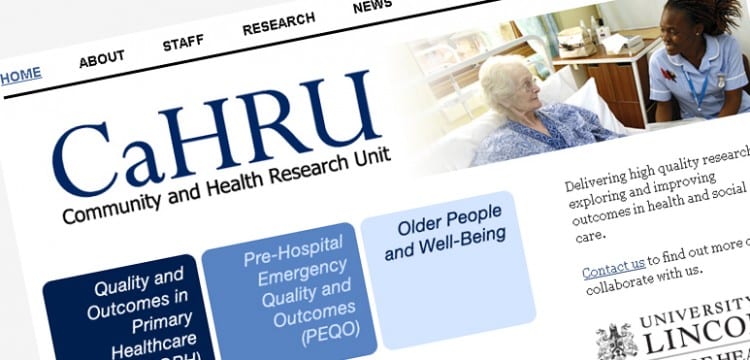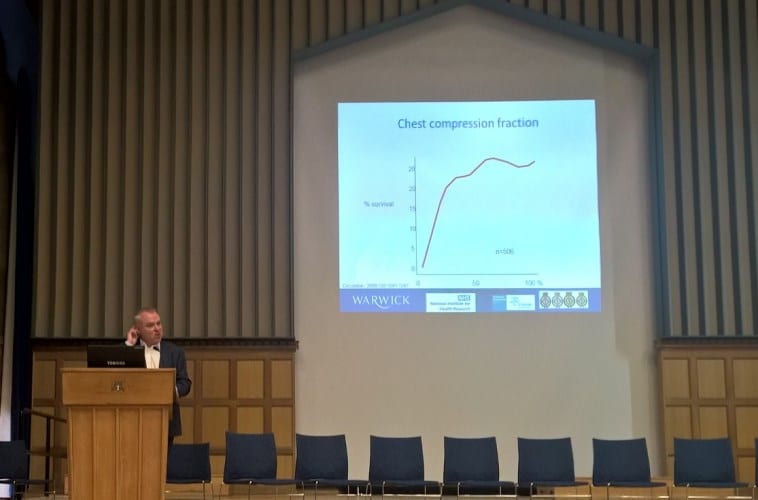CaHRU Spring 2016 Newsletter

The latest edition of the CaHRU Newsletter (Spring 2016) was published in July 2016. The newsletter presents the work of the research centre over the previous three months and includes articles from the CaHRU blog covering publications, conferences and funding. The newsletter Continue reading CaHRU Spring 2016 Newsletter




